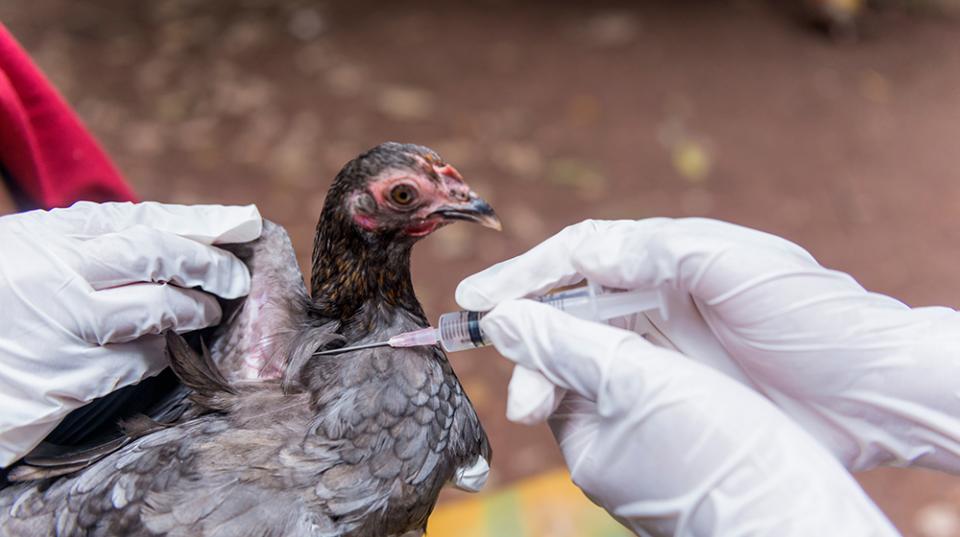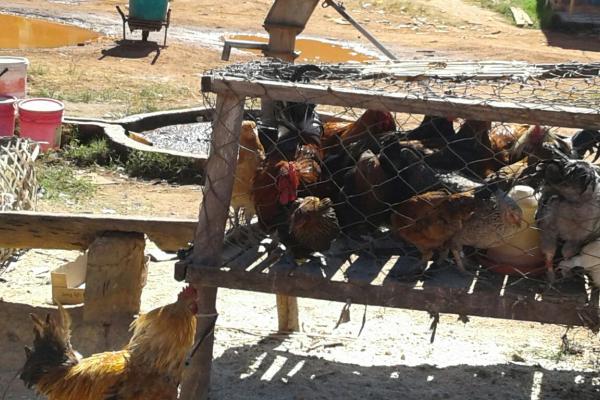Overview
This project aimed to develop insight into policies that promote protection against Highly Pathogenic Avian Influenza (H5N1), with a focus on poultry owners’ livelihoods.
Highly Pathogenic Avian Influenza is of particular concern as an emerging infectious disease because its case fatality rate has risen from 33% to 82% in recent outbreaks. The virus passes between wild birds and domestic poultry including geese, ducks and chickens. A large outbreak would likely have severe consequences. Vietnam, Cambodia and Laos have all been sites of outbreaks resulting in human infection.
This project focused on research in policies that promote protection against Highly Pathogenic Avian Influenza in Vietnam, Cambodia and Laos with the ultimate aim of designing policies that align with stakeholder’s objectives and incentives. For example, the project team will seek to understand how poultry owners understand interactions between themselves and their poultry’s health, as well as what actions they may take. They will do this by undertaking a series of key informant interviews with 58 government officials in each country, and by collecting and reviewing relevant documentation of current policies.
This project is part of the Research for One Health Systems Strengthening Program co-funded with DFAT addressing zoonoses, antimicrobial resistance and systems strengthening within the Asia Pacific.





